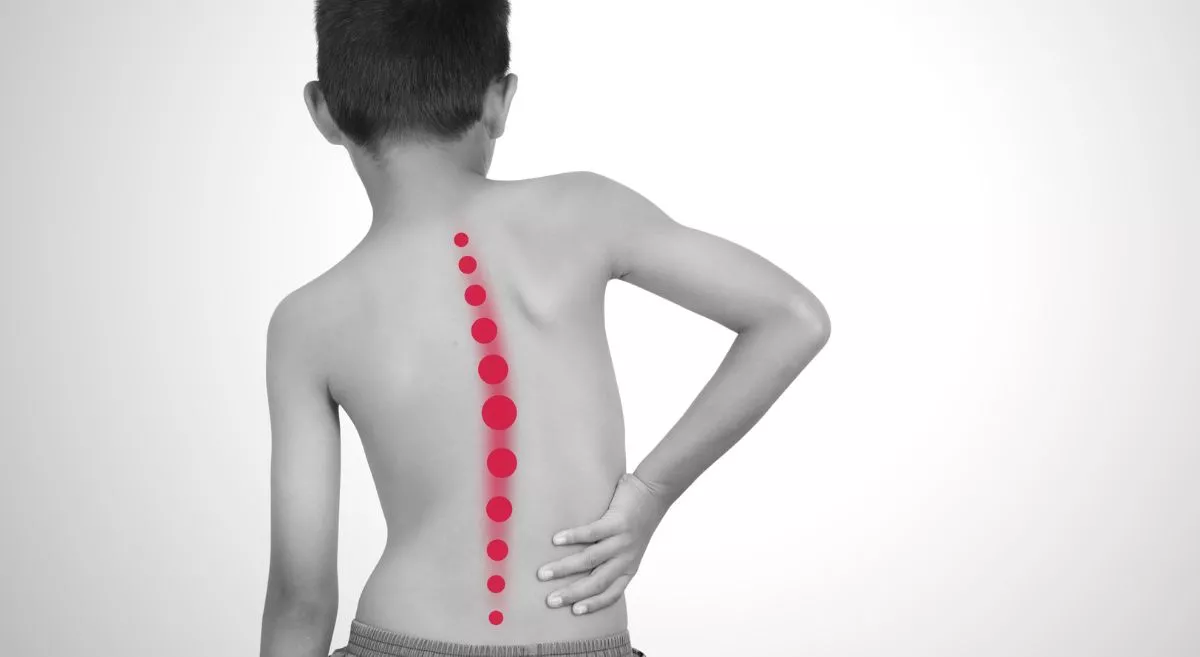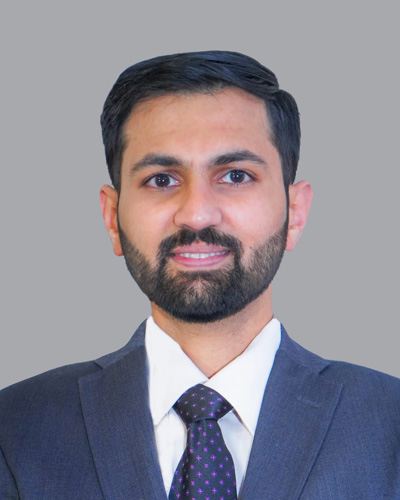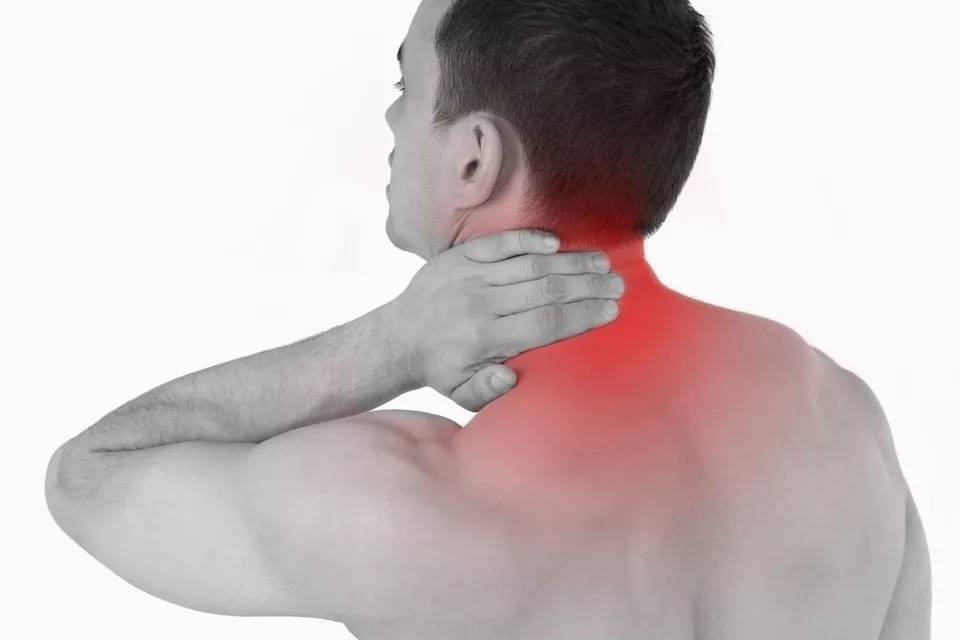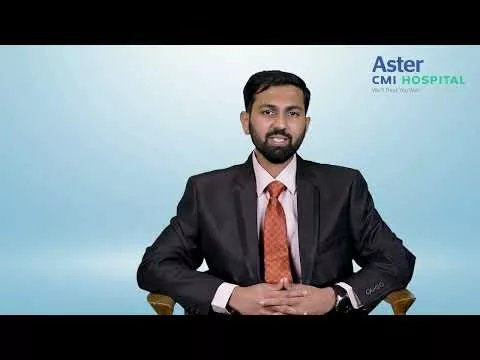Scoliosis, an abnormal sideways curvature of the spine, can develop in children of all ages. While some cases are mild and require minimal intervention, early detection is crucial for effective management and preventing complications. For parents seeking specialized care, Child Care Hospital in Hebbal Bangalore offers dedicated services for children with spinal conditions.
Why Early Detection Matters in Scoliosis
The earlier scoliosis is detected in children, the better the chance of effectively managing the curvature and preventing long-term complications. Here's a breakdown of why early detection is critical:
- Growth Potential and Curve Progression: Children's spines are still growing, making them more susceptible to curve progression. Early intervention can help prevent the curve from worsening significantly as the child grows.
- Treatment Options: Early detection allows for a wider range of treatment options with potentially better outcomes. For instance, bracing can be more effective in growing children compared to later stages when the spine is less flexible.
- Improved Outcomes: Early intervention often leads to better treatment outcomes. This can minimize the need for more invasive procedures like surgery later in life, which can have a longer recovery time and potentially more risks.
Reduced Risk of Complications: Left untreated, severe scoliosis can lead to a cascade of problems, including chronic pain, breathing difficulties due to pressure on the lungs, and even heart problems. Early detection helps reduce the risk of these complications significantly.
Early Intervention Strategies for Scoliosis in Children
If you suspect scoliosis in your child, a visit to the pediatrician is essential. Early intervention may involve a combination of the following strategies:
- Regular Monitoring: The doctor will likely recommend regular checkups and X-rays to track the curve's progression. The frequency of these checkups will depend on the severity of the curve and the child's age.
- Bracing: For moderate curves in growing children, wearing a custom-designed brace can help prevent further curvature. Braces work by applying gentle pressure to guide the spine's growth in a more corrective direction.
- Physical Therapy: Exercises specifically designed by a physical therapist can strengthen core muscles that support the spine, improve posture, and manage any pain associated with scoliosis.
- Surgery: In severe cases with rapidly progressing curves or when other methods are not effective, surgery may be recommended.
Some common misconceptions:
If you suspect scoliosis in your child, a visit to the pediatrician is essential. Early intervention may involve a combination of the following strategies:
- Bad posture: Parents usually complain that the child is sitting, standing or lying down in awkward postures. The truth is that it is because of the condition that the child looks to be in a bad posture and not vice versa. The bottom line is that bad posture does not cause scoliosis.
- Heavy school bags: Heavy school bags cause back pain in children. However, it does not cause scoliosis.
- Genetics: In rare cases, scoliosis is seen in multiple people from the same family, but there is no proven data to show that it has any genetic cause.
- “It’s too early”: Very often we meet patients with complex curvature of the spine who had been denied treatment by doctors who advised them to wait until the growth of the spine is completed. This is not true – early detection must be followed by prompt and appropriate treatment to achieve the best results.
Aster CMI Hospital's Neuro Surgery and Spine Surgery department is dedicated to providing comprehensive care for children with scoliosis. Their team of Paediatricians & Neonatologists in Hebbal Bangalore understands the importance of early detection and intervention and the unique challenges faced by children with this condition. They offer a range of diagnostic tools, including physical examinations, X-rays, and potentially advanced imaging techniques like MRI scans in complex cases. Treatment options are tailored to each child's specific needs and may include a combination of monitoring, bracing, physical therapy, and, in rare cases, surgery. Aster CMI Hospital prioritizes minimally invasive approaches whenever possible to ensure optimal outcomes and a faster recovery for your child.
Remember, early detection is key to managing scoliosis effectively in children. If you have any concerns about your child's posture or suspicion of scoliosis, don't hesitate to consult the experts at Aster CMI Hospital. Early action can make a significant difference in your child's long-term well-being.











